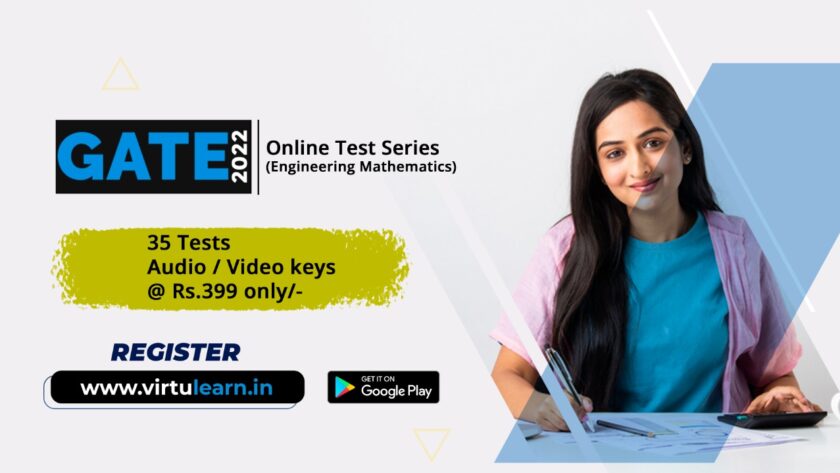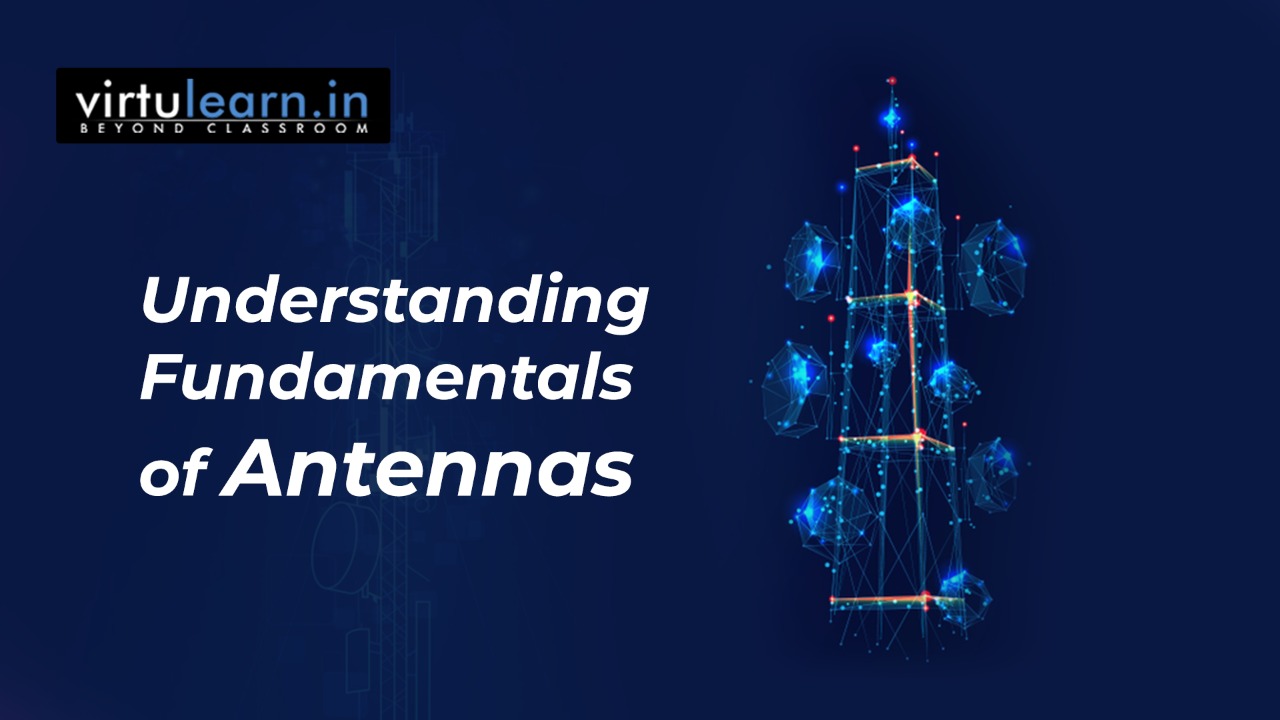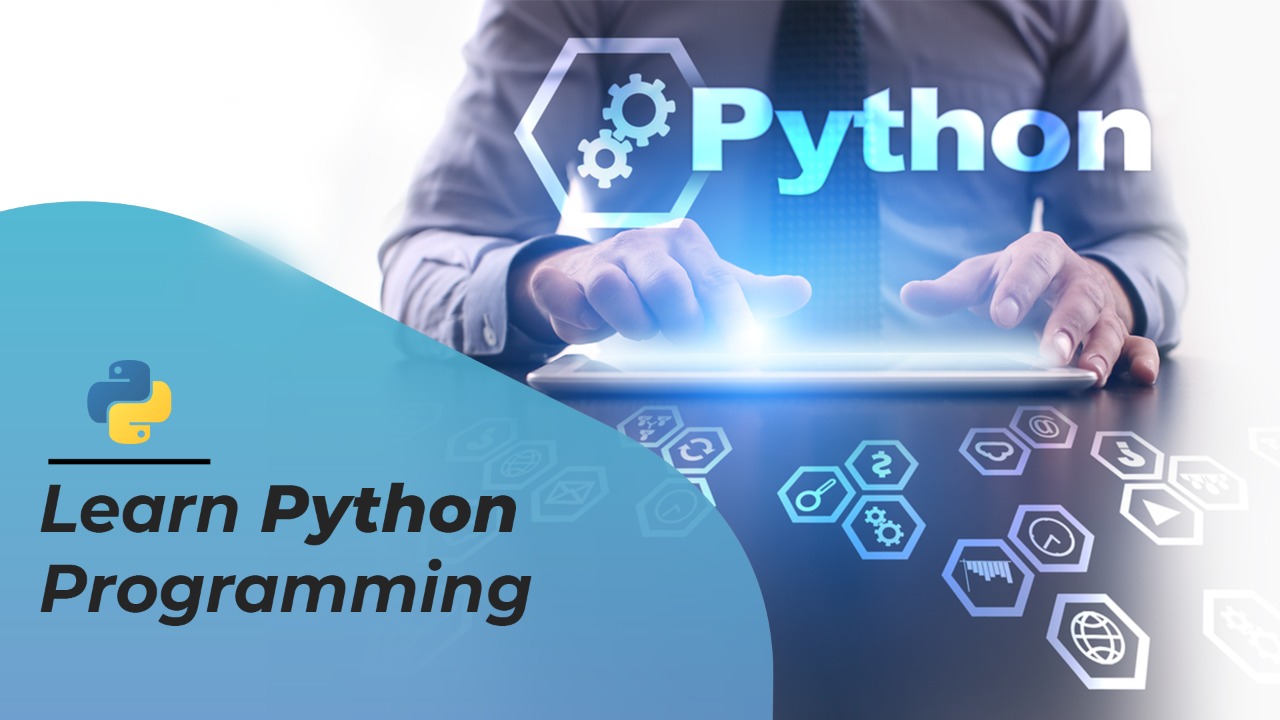In the recent years, GATE has been a favorite for students who have a keen interest in Engineering. As an aspiring Engineer, I have always dreamt of being a part of this prestigious examination which is held every year by IIT’s across India. This year, I am participating for the first time.
Aspiring Engineers must be able to solve tough problems with mathematics
GATE is one of the oldest exams in India. This National level Examination in Engineering Science was established by the Government of India in 1958 and it has been conducting it continuously since. It is conducted for Undergraduate Engineering Students pursuing their Bachelor of Technology course in various branches of Engineering. The entrance test consists of two sections namely, Physics, Chemistry and Mathematics (PCM). It consists of three papers, the total marks for which is 180. The maximum number of seats are available for each branch as follows:
- Civil Engineering: 20%
- Mechanical Engineering: 15%
- Electrical Engineering: 15%
- Electronics & Telecommunication Engineering: 5%
What are some of the most challenging Engineering problems out there? Some of the most difficult questions can be answered by Engineers and Scientists around the world. A team of 20+ people at GATE will be working with you, and you will be required to put your best foot forward, as you take the next steps to prepare for your journey in GATE 2022.
For the last decade, we have witnessed an ongoing revolution in Engineering education and learning. In the face of this revolution, one of the key challenges is to provide a high quality educational experience that meets the needs of the students, while also producing a professional workforce equipped to meet the ever-changing demands of industry. How do we do this? Through our new innovative Engineering curriculum. This program is for you if you want to build confidence, skills and expertise in mathematics and science. With this program, you will gain the necessary knowledge and skills to excel in university, and as a graduate, with our new Professional Certificate Program, in engineering, project management or business. This is not just a technical course; it will change your life. This is what we mean by Engineering education reinvent
We’ve designed a fun, exciting, and highly motivating test series to help you get a handle on your knowledge of Engineering Mathematics.
- If you’re a current candidate who was unsuccessful in your test(s), we’d like to offer you the opportunity to retest. We understand that you have invested a great deal of time and energy into your studies for the GATE 2022 Test series. To help you make the most of this opportunity, we’ve created a unique retest package for students who were unsuccessful on the first test.
- There is a wide variety of test series available for you to choose from, and you may even find one or two that have been created specifically for the Test Series in question. This will require a little bit of planning and research on your part, but the benefits will definitely be worth it!
- How to select test series
- Find out what you need to do to study for your GATE test.
- Determine if you’re taking the right test.
- Know when to take your exam.
- Find a test series that works best for you.
- Know your score reporting options.
- Set up the Test Series
The Test Series (Engineering Mathematics) is designed to be a test series in Engineering Mathematics. The series is designed for the student who wishes to pursue higher degree courses in engineering. It consists of three books. The topics include: Fundamentals of Differential Equations, Linear Algebra, Calculus I and II, Advanced Calculus, Mathematical Physics, Complex Variables, Linear Functional Analysis, Differential Geometry. - Prepare for the Test
This exam is based on the GATE syllabus for Engineering Mathematics. There are about 400-500 questions in the paper. These questions test all aspects of your ability to understand and solve mathematical problems. The exam consists of 2 hours and 30 minutes of actual examination time. The entire examination lasts for 4 hours. To prepare students for Test Series in Engineering Mathematics (Test Series in ENG), the University of Waterloo created a “Test Series Courseware Library” to guide instructors in creating the coursework that students need to pass the exam. The virtulearn.in library is organized into three categories of course content: prerequisite courses (e.g., Calculus I, Precalculus, and Algebra II); required courses (e.g., linear algebra, calculus, trigonometry, probability, and statistics); and recommended courses (e.g., algebra-based geometry, vector calculus, and differential equations). - The Exam Day
The GATE exam is a national level examination conducted in India for admission to postgraduate programs in Engineering and Technology at leading universities in India. It is one of the most prestigious technical entrance exams in India and abroad. The GATE exam is administered by the IIT-JEE board every year. It is based on the All India Common Entrance Examination (AIBEEE).The best way to prepare for an exam is to practice and prepare for each type of question you anticipate being asked. We can’t expect to have everything memorized for the exam, but we should be prepared with a few key strategies to be successful on the exam. As such, we have created a guide to help you prepare for your test day for the engineering mathematics exam. Follow the below tips on the exam day- Don’t be nervous.
- Don’t try to memorize the formulas. You’ll have plenty of time for that.
- Don’t read anything you find interesting. You’re better off thinking about your notes than wasting time reading.
- Don’t lose hope.
To prepare for GATE, students need to understand the various concepts, the application of mathematics in different areas of engineering, and how to apply these in practice. This course is designed to develop the necessary skills required to do this effectively. This course will provide a broad perspective of engineering mathematics and cover all the key topics like basic concepts, mathematical tools and techniques, statistical methods, numerical methods, computational methods, and applications.




